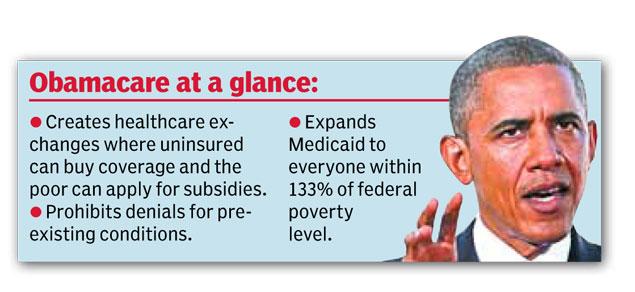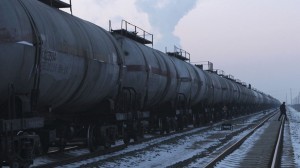In response to Shawn’s post about how business ethic sometimes doesn’t apply, I deem that business ethic should always apply to firms, and it is very important to firms that have huge marker power, especially for Apple.
Shawn define ethic as a “merely perception without certain clear definitions“, yet I find a precise definition online says: business ethics deal with any moral or ethical issues arise in a company. From my perspective, unethical practices can negatively affect a business. Apple’s stock price has went down because of the news which revealed its working condition in China.
Shawn also argues that: “Criticizing each giant in industries seems to become the most popular fashion trend nowadays“. While I agree that multimedia likes to report negative news just to attract readers, the criticism that they make is also an alert to the firms, warning them not to make the same mistake again.
“The fact is, without Apple’s contribution, most of the workers would not even get the chance to be paid. In this way, Apple’s conduct was obviously favouring the helpless” quoted Shawn. If this is the fact, then most of the workers will be unemployed if Apple did not hire them. However, numerous workers had health problems because of the prolonged hours they worked. Would people still believe that Apple’s conduct was favouring the helpless when they see those poor workers ended up in hospital while their low earning can’t probably cover the full cost of medical treatment.
Last but not least, Shawn claimed that: “We also know, that there is no such enjoyment as healthcare or social insurance or minimum wage in China. And this is the exact answer of why we can purchase a pair of comfy Jordan with the price of $125 not $500, and we can afford a fancy Mac Air with the price of $1000, not $3000.” I’d like to see statistical proof indicating that China lacks of efficient healthcare or social insurance. In fact, I went to Apple China’s official website and only found out that they charge at the same price if not higher. And I observed the same phenomenon with Jordan’s shoes. So, if us consumer is not enjoying this price advantage due to lower cost, who is then? The answer is obvious- Apple.
The news which revealed working condition of Apple China really saddens me, and I hope Apple take business ethics in a more serious manner.







